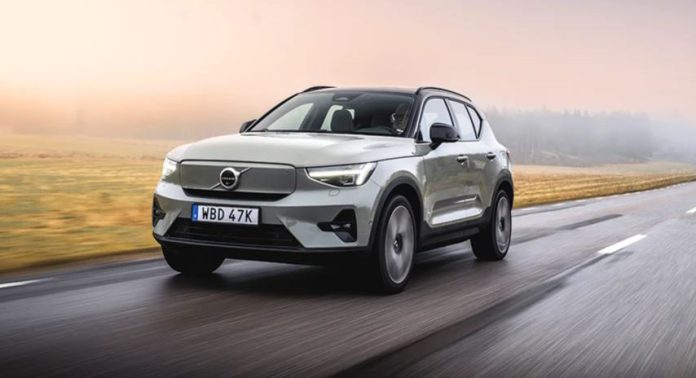Swedish car manufacturer Volvo Cars collaborates with Maersk to reduce its global greenhouse gas (GHG) footprint from seaborne logistics.
For its decarbonisation product ECO Delivery Ocean, Maersk replaces fossil fuels on its vessels with second generation biodiesel based on waste feedstocks to reduce the greenhouse gas emissions of customers’ ocean transport directly in the Ocean supply chain, i.e. without compensatory measures like offsetting.
With almost 15,000 containers under Maersk ECO Delivery Ocean, Volvo Cars aims to reduce GHG emissions by 28,000 tonnes within the next twelve months.
Maersk’s ECO Delivery Ocean solution will be used for inbound ocean container transports of production material destined for Volvo Cars’ manufacturing plants based in China, Europe and the Americas, as well as spare parts distribution made globally by ocean container transports.
The first ECO Delivery transports commenced in June.
“Renewable fuel is not the end game for removing CO2 from the world’s ocean freight needs. Yet this initiative shows that we can act now and implement solutions that achieve significant results during the wait for long-term technological alternatives,” commented Javier Varela, chief operating officer and deputy CEO of Volvo Cars.







